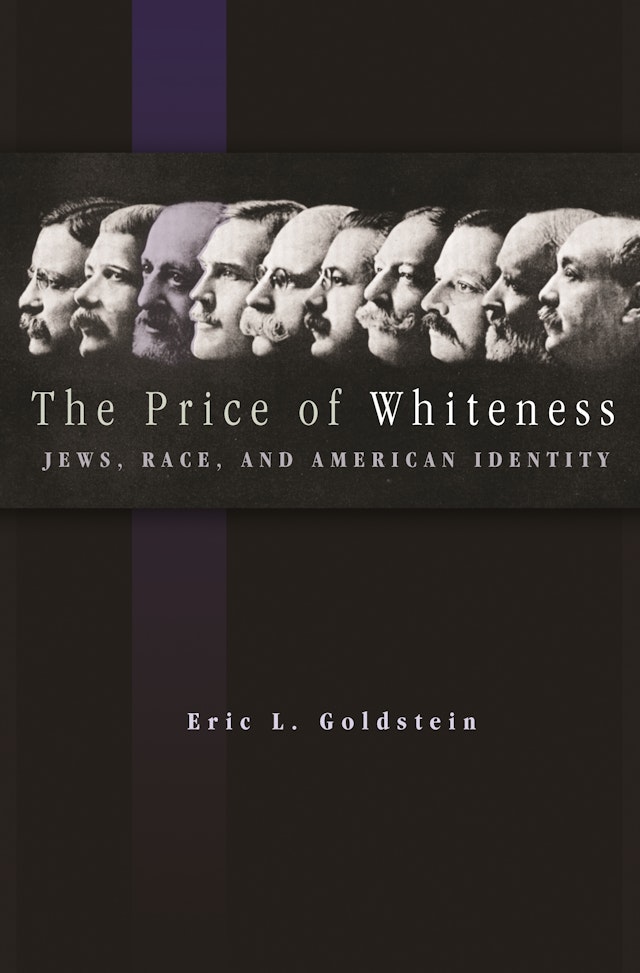Dr. Carol Anderson, Charles Howard Candler Professor of African American Studies and Associated Faculty in the History Department, was recently quoted in an article in The Hill. Written by Juan Williams, the piece discusses Donald Trump’s efforts to cast doubt on the results of the upcoming presidential election. Read the excerpt citing Anderson below along with the full piece: “Juan Williams: Trump’s plan to thwart democracy.”
Trump has frequently said the only way he can lose is if the election is rigged. These messages feed a strategy intended to “suppress and depress” the vote. Emory University Professor Carol Anderson said the strategy starts with Trump telling Americans that their “vote won’t count, and it doesn’t matter what I do.”
She explained on a recent Slate.com podcast: “So we have these suppressive techniques: voter ID, poll closures, massive voter-roll purges, eliminating early voting days…When you begin to see these five-hour lines, and the research is clear on this: It is designed to make folks think, ‘Oh, this is just too much,’ and…voter turnout goes down.”

